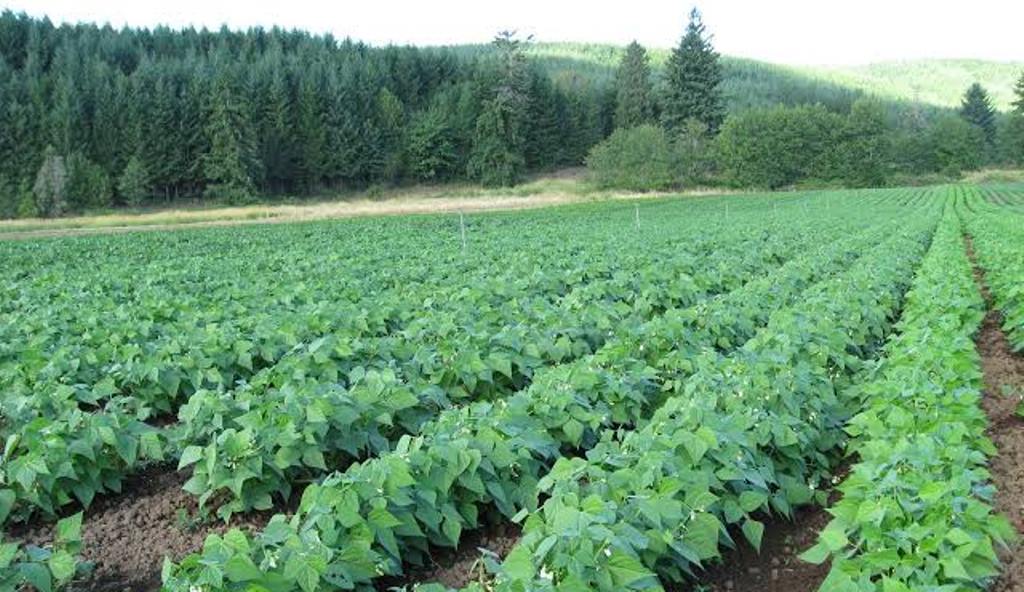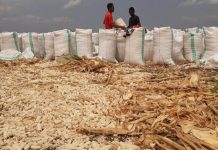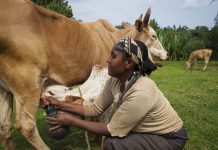AfricaPress-Tanzania: AGRICULTURAL Non State Actors Forum (ANSAF) has called on the need to slash fees and charges in the agricultural sector that have been impeding its growth and contribution to economic development.
A representative from ANSAF, Audax Lukonge said in Dar es Salaam recently that the fees and charges have been hindering efforts to attract new investment in the sector.
He made the remarks during a virtual meeting with organizations, various institutions and media stakeholders.
Mr Lukonge pointed out that to attain this, there is a need to formalise and work on all the plans set and agreed by the Southern Africa Development Community (SADC) member states.
“We call for the need to implement the policy that require governments in the region to set aside 10 per cent of the budget for agriculture that would increase productivity,” he said.
Over 70 per cent of Tanzania’s population lives in rural areas and works in the agriculture sector which is estimated to contribute approximately 30 per cent of the Gross Domestic Product.
The Ministry of Industry and Trade representative, Mr Abdul Chacha said Tanzania is committed to increasing cooperation in the region by looking at trade sectors and emphasizing on the achievements of SADC member states.
The conference organized by Eastern and Southern Africa Small Scale Farmers Forum (ESAFF) in collaboration with the South African Trustees Association (SAT) and the German International Cooperation (GIZ), focused on various opportunities available in SADC strategic plans and vision.
He said through the Agricultural Sector Development Plan (ASDP II), they will be able to achieve the SADC plan by involving various stakeholders, including farmers.
The ongoing ASDP II, launched in June 2018, overtly calls for smallholder commercialisation.
The programme prioritises maize, cassava, rice and pulses as central commodity value chains, accounting for 53 per cent of the caloric intake for Tanzanians.
Before, presenting the topic, Eng Caroline Valerian from the Ministry of Industry and Trade said the government is committed to creating an enabling environment by increasing productivity in terms of food production.
Comments by the participants, including a representative from the Confederation of Tanzania Industries (CTI), Frank Dafa, thanked the government for continuing to improve infrastructure to facilitate trade, and added that it was time for the government to have participatory environment for doing business.
ESAFF Coordinator, Joe Mzinga, on his part said the meeting brought together stakeholders to build their capacity to know the vision of SADC 2050 and a strategic plan to see how to put together a strong force to achieve it.
Mzinga said in the run-up to the implementation, they have focused more on the basics of SADC’s vision by 2050 and the region’s development strategy for 2020 to 2030.







